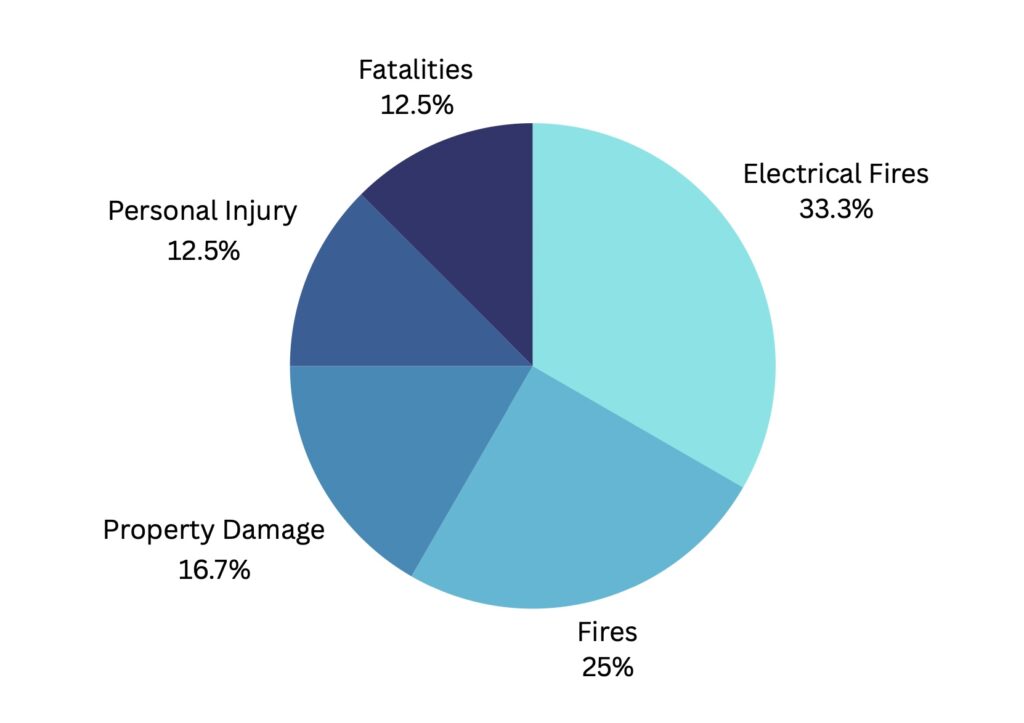GENERATORS
Schedule Service
GENERATOR INSTALLATION & REPAIRS
When it comes to generators, there are two typical types of generators homeowners in the residential environment will use: A portable generator or a whole house generator.
A portable generator is exactly what it sounds like. It’s a portable generator that a homeowner can move from one location to another. The homeowner sees they’ve lost power, moves the generator to where they want it, turn it on and that’s how they can energize their home.
A portable generator is generally fueled by gas and when you run out of fuel or start getting low, you’ll have to manually refill the tank. It’s not like a whole house generator that is constantly hooked up to a fuel source.
All you have to do is place it by your home and have an electrical connection to your home set up. You will have a transfer switch that isolates your portable generator from the utility company, and that will allow you to change back and forth as needed or wanted. Remember to always consider that the generator needs to be distanced from the home and any venting that may be on the outside of the home to ensure no carbon fuel enters the home.
The advantage of a portable generator is the cost and easy installation. The disadvantage of the portable generator is you are, pre-selecting certain circuits that you can turn on when you lose power. You’re restricted to these circuits only due to the transfer generator panel and that’s to ensure you do not overload your portable generator.
But the problem is, the portable generator does not understand if you are overloading it. The portable generator is going to work as hard as it can, no matter what load you ask it to perform. So, if you do not have some type of governing or reduction of what loads you could put on the portable generator, you have the possibility of causing serious damage to your portable generator.
In the event of loss of power, a whole house, or often called a standby generator, is a unit that is fixed in place. And when loss of power occurs, the unit will detect whether or not you’ve lost power and will kick on to provide power for the home. Unlike the portable generator, a whole house generator is set to automatically turn on when the power goes out.
Standby generators normally receive their fuel from either propane tanks, or the natural gas already located within the home. Similar to a portable generator, understanding where to place a whole house generator is important. You must keep it away from the home. You have to consider noise abatement. And you should also take into account where is it convenient to connect to the source of energy.
The downside of standby generators is that they aren’t portable, and they are usually much more expensive to buy and install. But advantage of whole house generators is they are more flexible, adaptable, and safe. In a power loss situation, you can power a majority of your home and you can also select pretty much any circuit in the home to be part of that generator system. You’d do this with what’s called a load balancing control in your manual transfer switch.
Standby generators are also great because if you Introduce excessive loads on your whole house/standby generator, the generator system is smart enough to shut down on those loads that are overloading the generator until other loads have completed, allowing for the continued operation of the new loads. So, you don’t have to worry about burning up your generator.
SO, WHICH ONE IS RIGHT FOR YOU?
The best thing to do when looking at what your best options are for your home is to contact a professional that fully understands the different type of generators, the different type of options, and understands your actual needs and what loads you want in order to make your home livable on the event of a power loss. CLICK HERE to schedule an appointment.
Electrical outlets are indispensable features in both residential and commercial settings. In the event of malfunction, it is imperative to engage the services of a qualified professional. Attempting to rectify electrical outlet issues without the expertise of a certified electrician poses significant risks. Electrical tasks entail complexities and hazards, including electric shocks, fires, and potential damage to the electrical infrastructure. Competent electricians, such as those affiliated with Ryan Electric, possess the requisite expertise, experience, and acumen to address electrical repairs with precision and safety. By entrusting repairs to skilled professionals, like those at Ryan Electric, the likelihood of mishaps or injuries is notably reduced.

